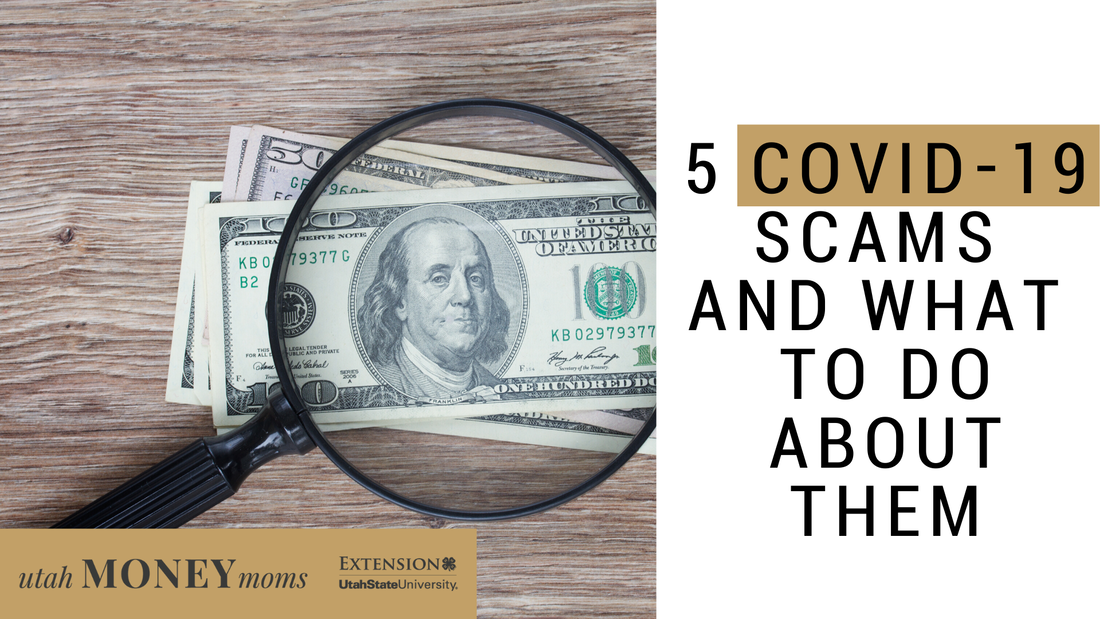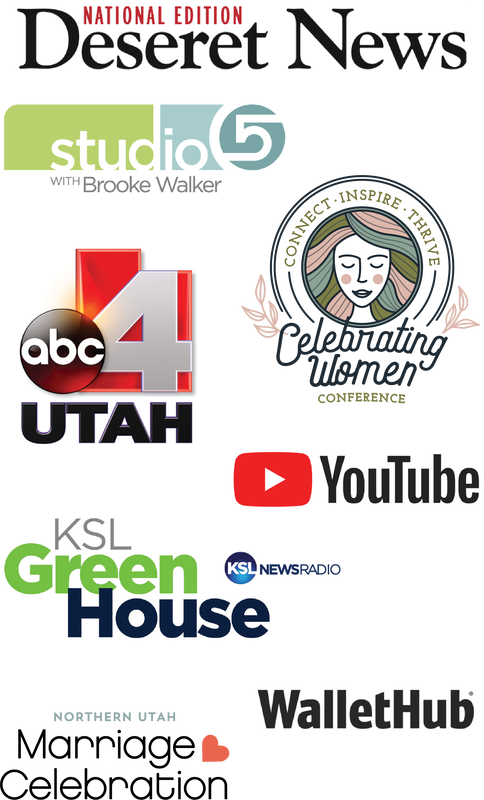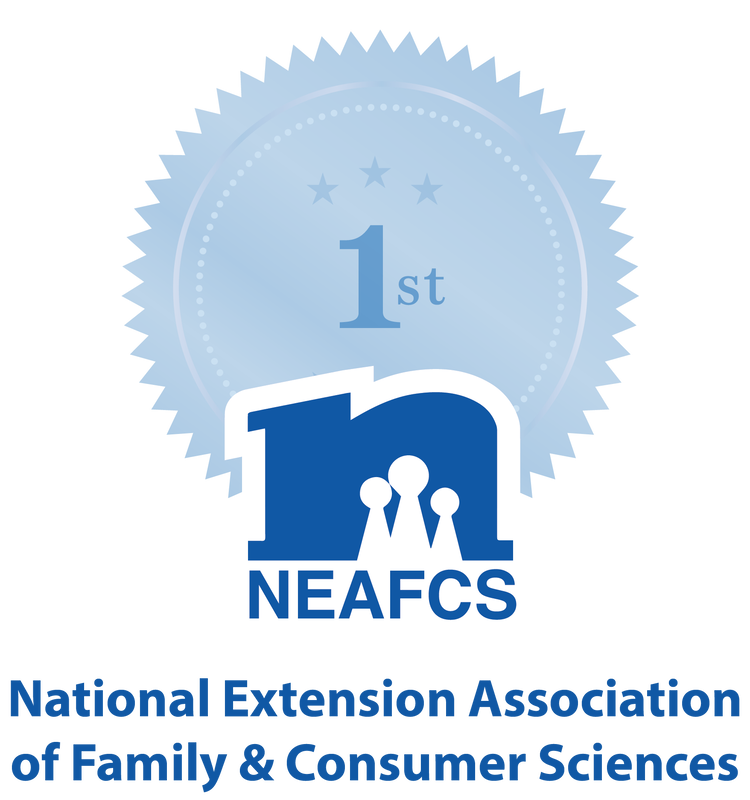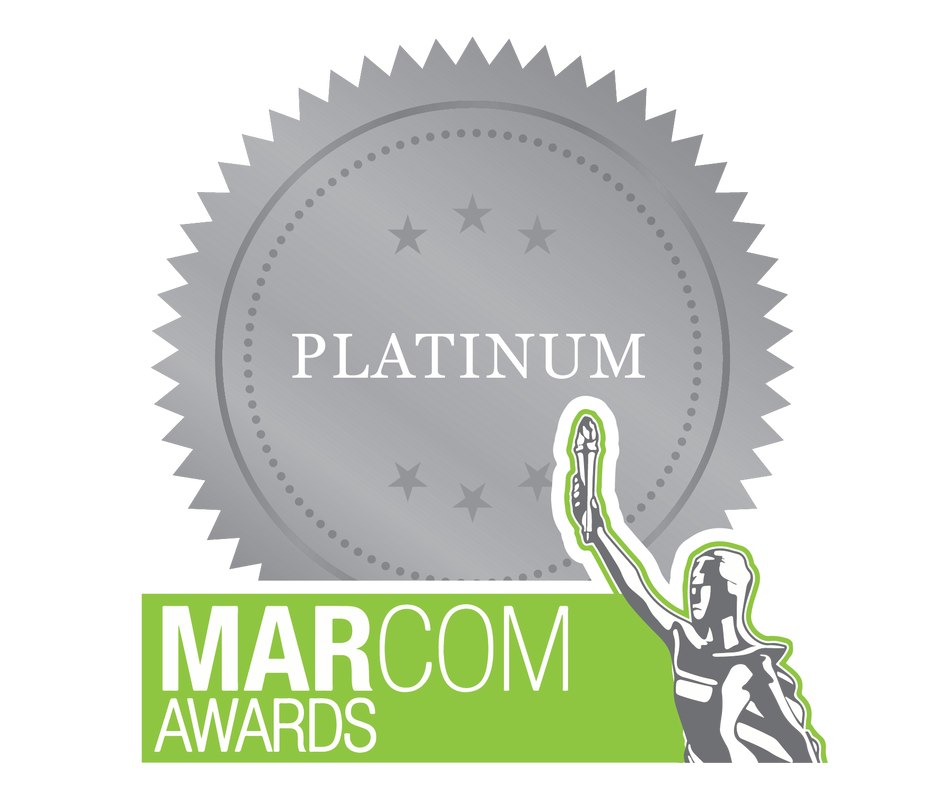|
Believe it or not, scammers take every opportunity at a time like this to collect our personal information and money. As online shopping and remote work increases, here are the current common Coronavirus scams according to the Federal Trade Commission and what to do about them: SCAM 1: Undelivered Goods. Scammers selling goods online claim they have high-demand items in stock. You place an order and never get your shipment. This is more and more common as anyone can set up shop and look like they’re selling legitimate products. WHAT TO DO: Stick to sites you know and trust. Check out the seller by searching for previous customer reviews. If you decide to buy, use a credit card to keep record of the transaction and make sure you see ""https" when you check out. If you’re concerned about the pricing of products in your area, contact your state consumer protection officials via www.naag.org . SCAM 2: Fake Charities. Whenever a major event like COVID-19 takes place, many kind people look for ways to help. Unfortunately, scammers take full advantage of this and use names that are very similar to names of legitimate charities. WHAT TO DO: Use the following resources to help you research charities: BBB Wise Giving Alliance, Charity Navigator, CharityWatch, and GuideStar. The IRS’s Tax Exempt Organization Search tells you if your donation would be tax deductible. You can find your state charity regulator at www.nasconet.org. Most states require the charity or its fundraiser to register to ask for donations. When you give, pay safely by credit card. SCAM 3: Fake Emails, Texts, and Phishing. Scammers often use familiar company names, like the World Health Organization, to send fake emails and texts to entice you to share personal information such as social security numbers, log in ID’s and passwords. When clicked on, malware can infect computers, steal all kinds of information, and prevent you from logging in. WHAT TO DO: Keep your software up to date. Select automatic downloads so you don’t miss even one. Do the same for your cell phone. Consider using multi-factor authentication whenever possible and always back up files and data. SCAM 4: Robocalls. Scammers are using illegal robocalls to pitch everything from Coronavirus treatment to fake work-at-home opportunities. WHAT TO DO: Hang up! Don’t respond or press any numbers! Any action on your part can alert them they’ve found a legitimate person and increase calls. Take the time to block the number from your cell phone. SCAM 5: Misinformation and Rumors. Scammers, and even well-meaning people, share information that has not been verified, particularly on social media. WHAT TO DO: Before you pass along or share any information, pay someone, or share your personal information, do some fact-checking by going to trusted sources such as www.coronavirus.utah.gov, www.cdc.gov, and www.extension.usu.edu/covid-19. Adapted from: www.consumer.ftc.gov
0 Comments
Your comment will be posted after it is approved.
Leave a Reply. |
TAKE A FREE CLASS!Host a ClassamandaSharing real-life money smarts to help you stay on track with financial goals while still enjoying life! Follow the fun on InstagramAS SEEN ONawardsBest of State 2022 & 2023: Personal Finance Education
1st Place National Award in Social Media Education from the National Extension Association of Family and Consumer Sciences
Gold Award in Blog Site category at the 7th annual Education Digital Marketing Awards.
Platinum Award in Digital Media, Web Design category at the International Marketing and Communication Awards.
Categories
All
|








